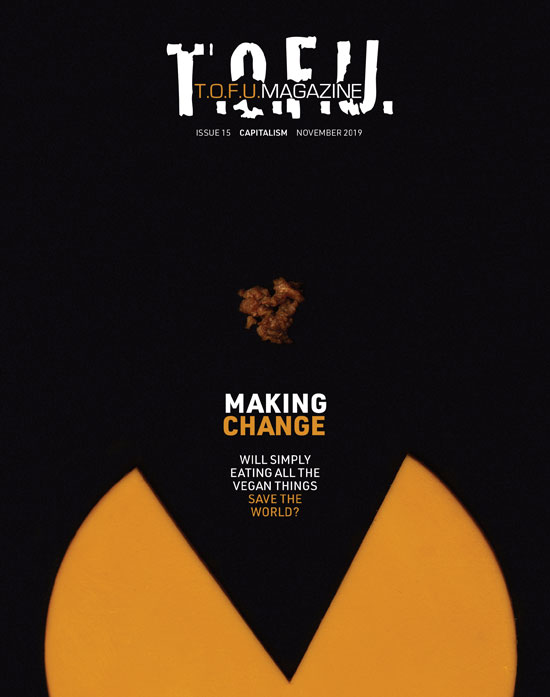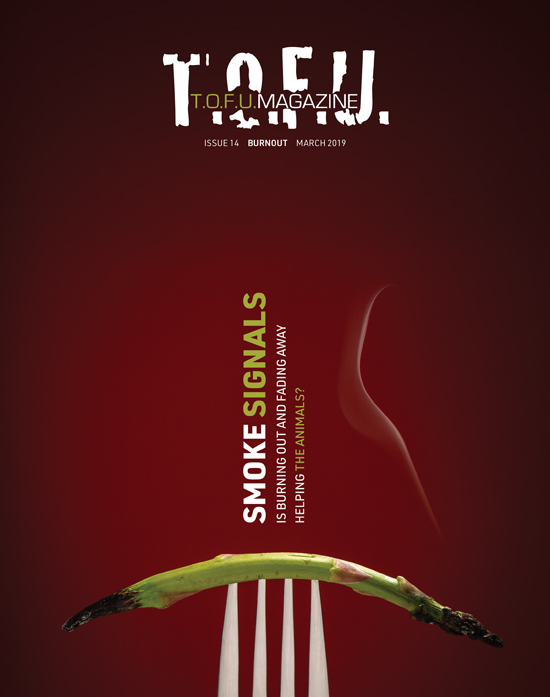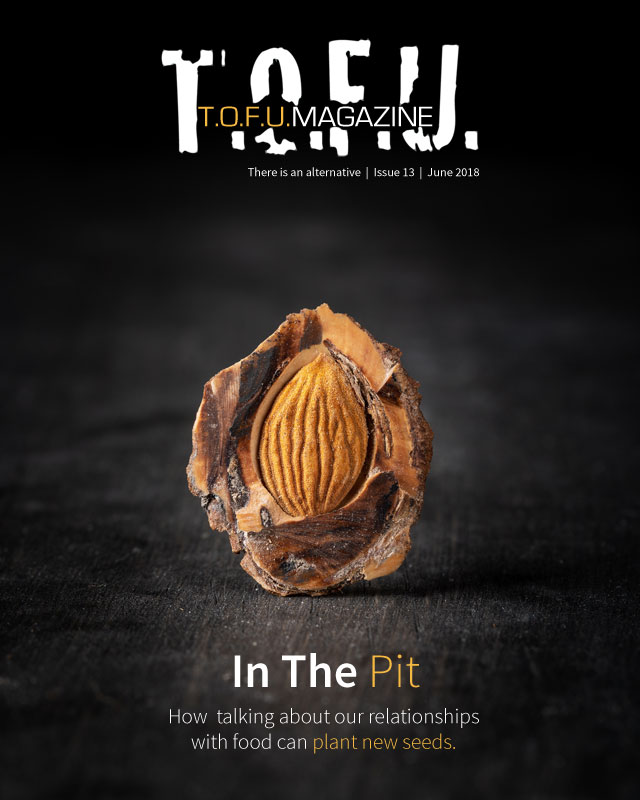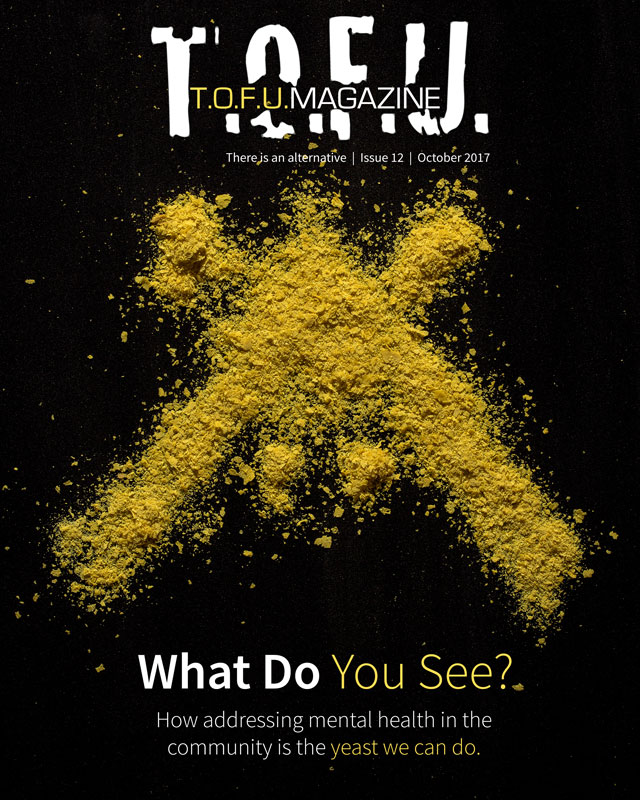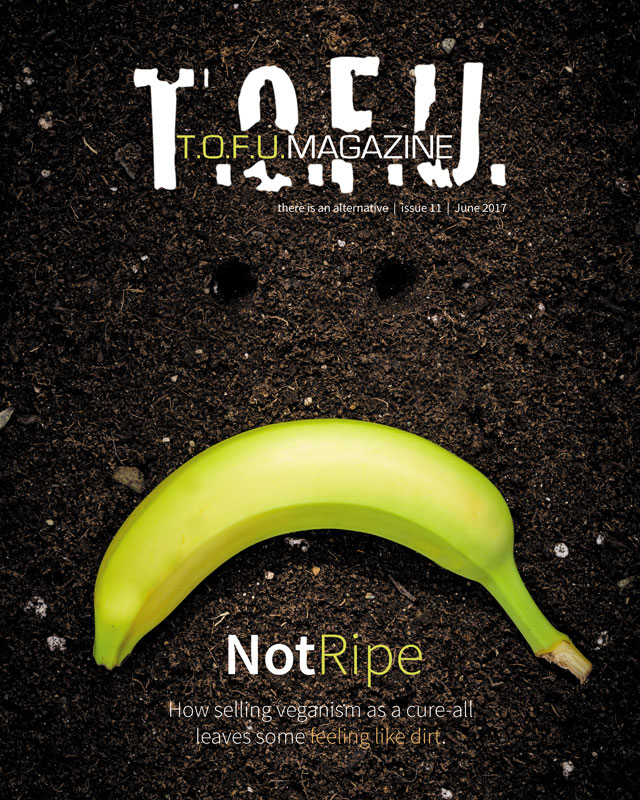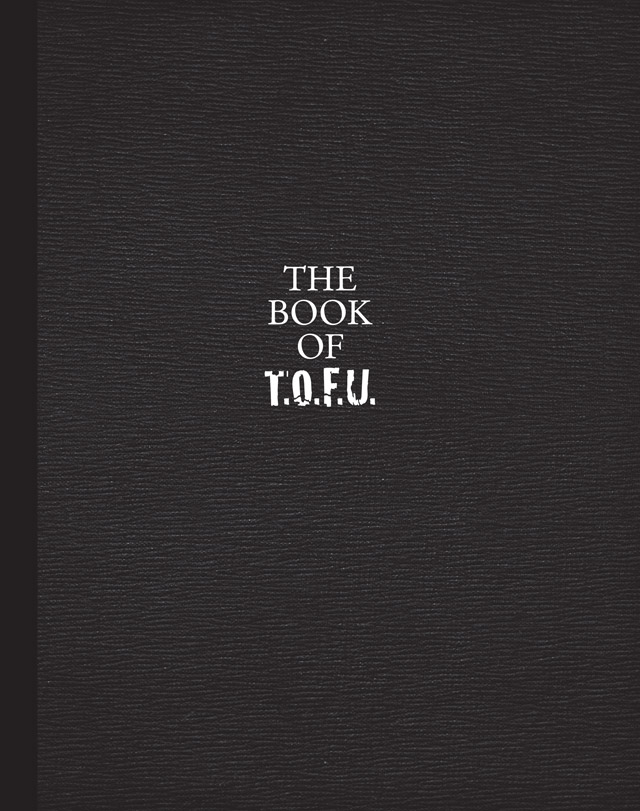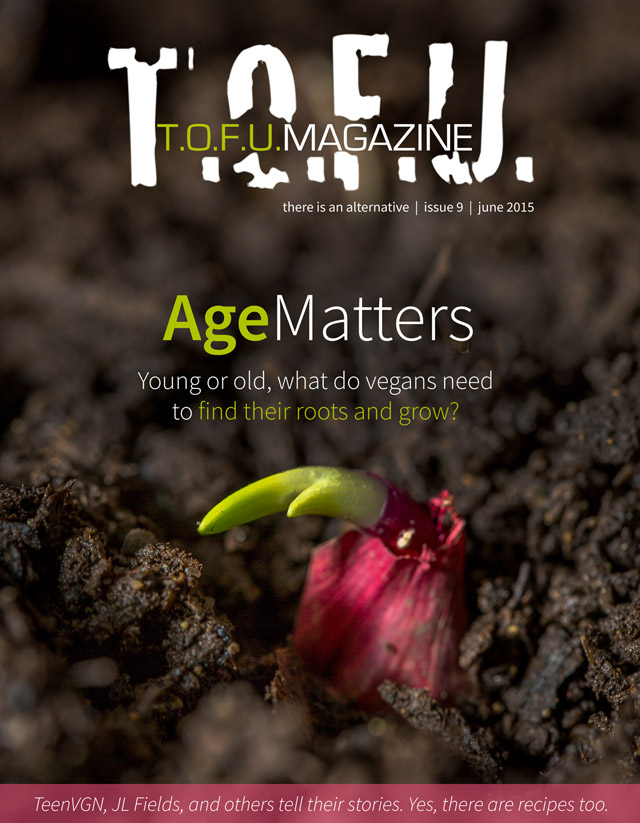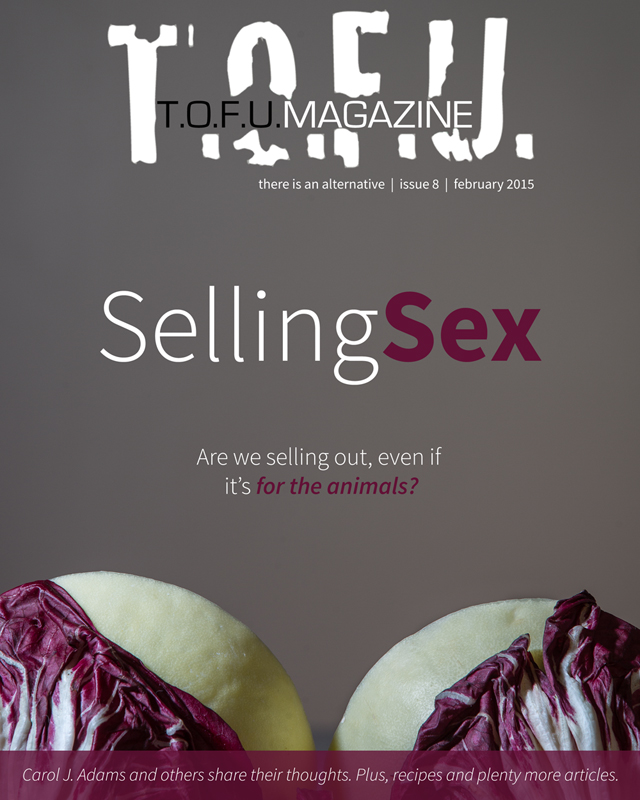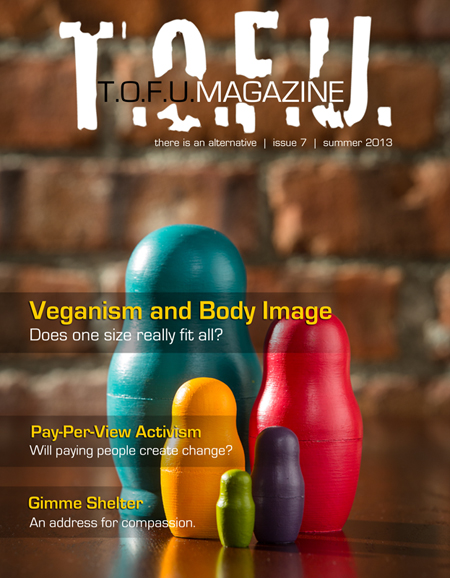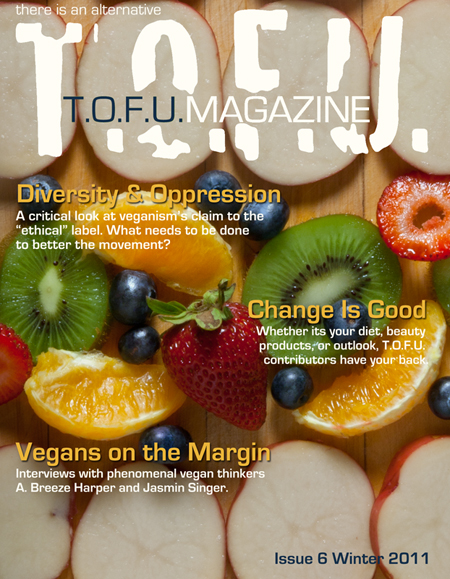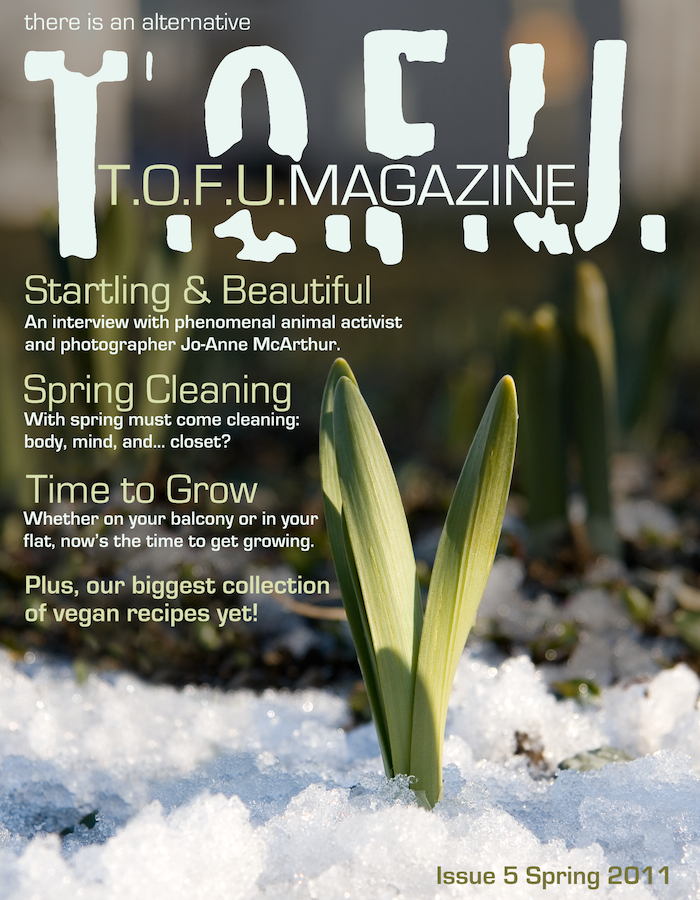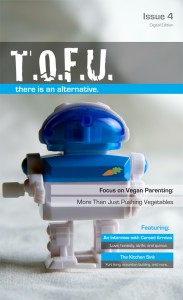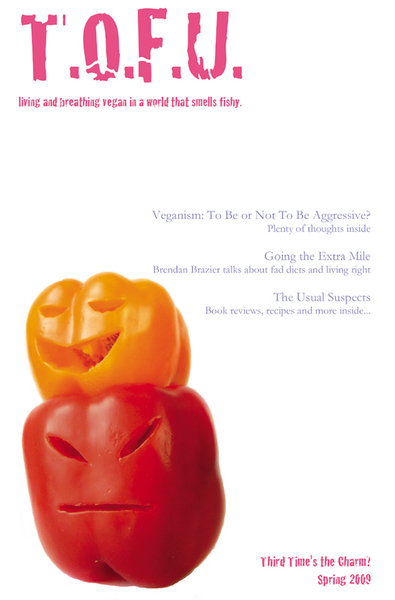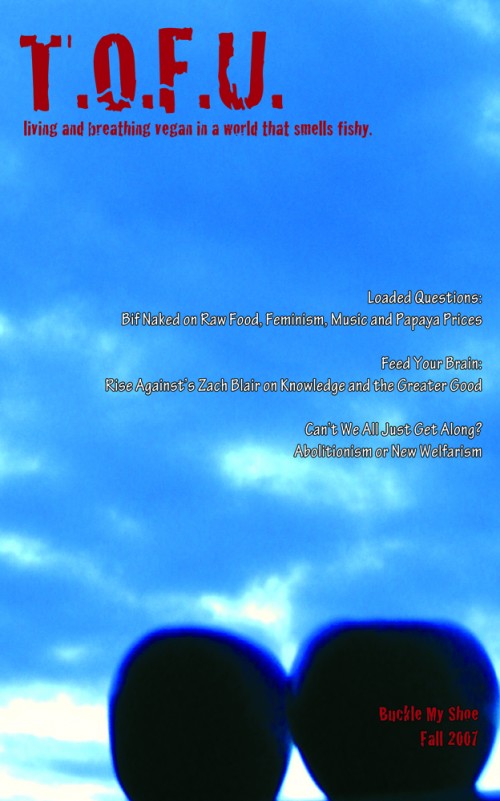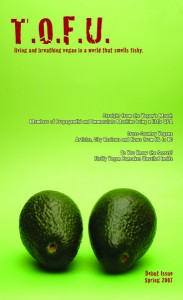Our Hen House Launches Hen Press
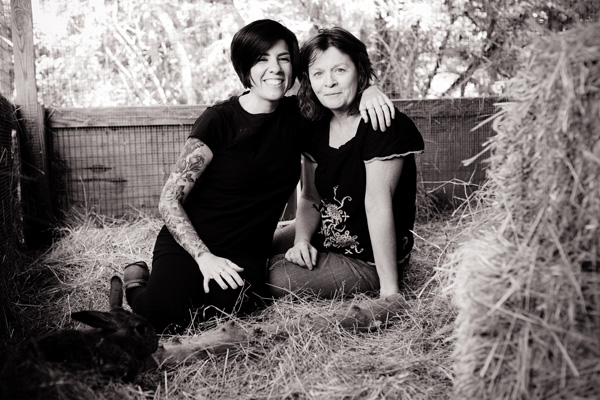
First off, could you tell people a little bit about Our Hen House, the non-profit from which Hen Press has grown?
Our Hen House is a non-profit that creates multimedia resources for anyone who wants to change the world for animals. We have a weekly podcast (as we type this, we’re over 222 episodes strong), an online magazine, and a TV show that is in co-production with Brooklyn Independent Media, and airs on cable throughout NYC as well as online. Mariann is an animal law professor at Columbia Law School and Cardozo Law School, and Jasmin is an activist and writer. We approach our work from an indefatigably positive standpoint, and try to bring humour into our shows whenever possible — while keeping in mind, of course, that the issues we’re discussing are life and death, and need to be regarded as such. Still, we have fun, and the community we have fostered throughout the past four and a half years is really supportive, kind, and talented.
Over the past while, you’ve expanded the reach of your message(s) from the podcast you’re so well known for to other formats, including TV. How does eBook publishing play a role in spreading this message due to its format, audience, etc.?
Hen Press, our new eBook publishing division, gives us the flexibility to publish longer-form essays that wouldn’t necessarily be appropriate for an online magazine. An eBook is much more permanent than an article, which tends to have a shorter shelf life. And the opportunity to have an eBook available on Barnes and Noble, Amazon, and Apple (iBooks) is really incredible — it allows us to reach far beyond our regular readers and tap into a much wider audience of people who care about animals. There’s also a nice cross-pollination between our various multimedia formats. Sangu, our first Hen Press author, has read an excerpt from her eBook on our podcast — which our readers loved. And, as we write this, she is planning on appearing in the near future on our TV show. Plus, “flock members†— a group of our devoted supporters, listeners, and readers — have received the perk of getting Sangu’s book, The Lines We Draw, for free. So even though our programs and the many branches of OHH exist independently, everything we publish or produce eventually gets squawked about in each of the other OHH outlets.
Was there debate about whether or not you should physically publish these works of fiction and non-fiction? If so, what were the deciding factors that led to digital releases?
Though we’ve toyed with the idea of publishing hard-copy books, there were a few reasons why that was not feasible for us at this time. Namely, it was just beyond our scope, financially. And part of the essence of OHH is that we are so mobile — you can listen to our podcast, watch our TV show, and read our articles online, if you choose to. We’re actually big fans of physical books, too, and maybe one day we’ll publish a limited edition “best of OHH†anthology — which would include The Lines We Draw. Also, though your question mentioned fiction, that’s not something we’ve published yet — though we’ve certainly reported on animal advocates who create fiction (like Robin Lamont, who wrote The Chain, and John Yunker, who wrote The Tourist Trail — both of which we strongly recommend). That said, we’d love to publish animal rights fiction!
What led to The Lines We Draw being chosen as the first publication for Hen Press?
Sangu mentioned the piece to us and we were intrigued, so we asked her to send it so we could take a look. To tell the truth, we really didn’t think of publishing it at that point. We mostly just wanted to read it. But once we read it, we knew that we wanted this piece to have a home at Our Hen House. It was so complex, and so dark, and so insightful in an oblique way. Almost like fiction, but not. We loved it. But we knew it wouldn’t work as a feature for our online magazine. It was too long, but also just didn’t fit the mood of an online piece. It had to be published as a stand-alone. So it was really this piece that led to the idea of Hen Press, rather than the other way around. Once we committed to publishing it, we knew that we wanted to create a home for other pieces like this, that are telling important stories that relate to animals and aren’t finding an outlet in other venues.
The Lines We Draw sheds light on a controversial topic, animal testing, but it also touches on a number of other topics that one might not expect within an animal rights focus. Do you intend to promote works that involve a broad range of topics in the future?
We are not seeking works that don’t relate to animals, but we anticipate other pieces like The Lines We Draw that deal with animals in complex ways and thus inevitably touch on other related, and sometimes seemingly unrelated, topics. Animals are so deeply embedded in human culture that it’s impossible to talk about them in a serious way without opening the door to other issues. But animals are at the centre of our focus, always. That will not change.
The book itself brings up a lot of questions, even once the reader is finished. Do you think there is a benefit to publishing works that may not have clear answers and leave the reader to perhaps come to their own conclusions?
Absolutely. We believe that all good writing raises questions. When it comes to animals, everyone who is thinking about them in any serious way is struggling to come to terms with the fact that the world is completely out of sync with any semblance of ethics or compassion. How can anyone pretend to have all the answers to a problem of such monumental proportions? We want to publish pieces that encourage everyone to find answers to questions that, for the most part, have never even been asked before.
Given some of the possible subject matter within the animal rights field, and even within The Lines We Draw itself, will Hen Press’ publications cater to adults or is there a possibility for children and young adult literature in the future?
That’s a great question. Speaking to what we mentioned above, about the desire to publish fiction, we think it’s very possible that we’ll one day venture into the world of children’s literature or young adult literature. You’re right that we’ve mainly produced work for adults (though some of our favourite readers and listeners are some very forward-thinking, brilliant teenagers, like Chloe Falkenheim — who actually just wrote a guest feature for us). We do have a reviewer, Katrina Donovan Fleming — a teacher — who reviews children’s media from an animal rights perspective. But, yes, incorporating vegan and animal-friendly children’s lit into our plans intrigues us. We’re not sure it would fit under the umbrella of Hen Press, specifically, but it would certainly fall under the umbrella of Our Hen House.
Hen Press’ goal is to publish “the animal rights-related books and essays you’ve been dreaming of reading.†What are some of the topics you dream of reading about in the future?
This may sound like a cop-out, but we actually want to publish pieces that tackle topics that we haven’t thought about yet. That’s what’s so much fun about this. We get to encourage others to dig down and come up with new ways of thinking about animals. And then we get to read them and realize we never thought about it that way and, maybe, it shifts the way we think. If we had been asked this question before we saw The Lines We Draw, we never could have answered it in a way that anticipated that piece. So we’d like to continue to be surprised. I guess that’s what we’ve been dreaming about.
How can people approach you about publishing their work?
We aren’t currently taking unsolicited submissions for Hen Press (and, in fact, are currently working with an author on the second publication, which we’re very excited about), but we always welcome inquiries and pitches regarding publishing guest features and reviews on the Our Hen House online magazine. Thought out pitches, along with links to writing samples, can be sent to info@ourhenhouse.org. Please also tell us why you think your idea would work well for Our Hen House.
Find out more about Hen Press, The Lines We Draw, and Our Hen House here:
Our Hen House | Hen Press | OHH Podcast | OHH TV
Photo Credit: Jo-Anne McArthur | We Animals

